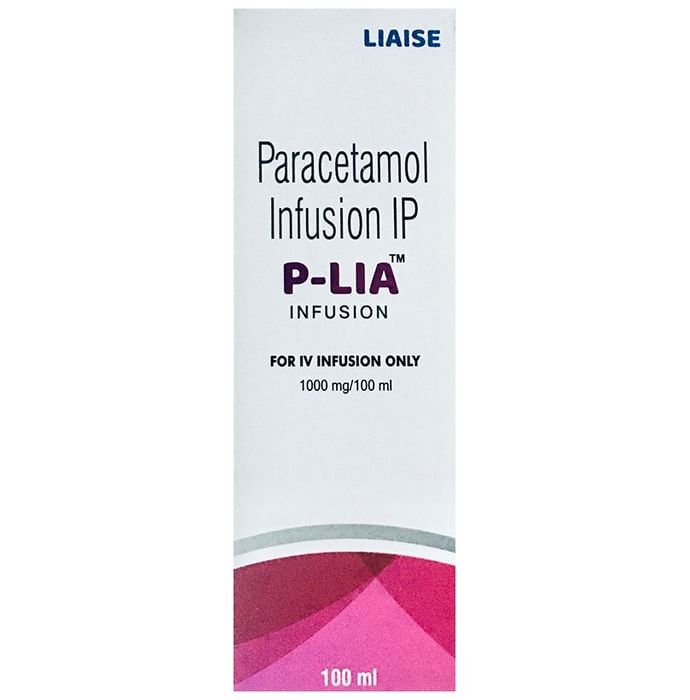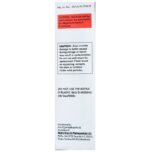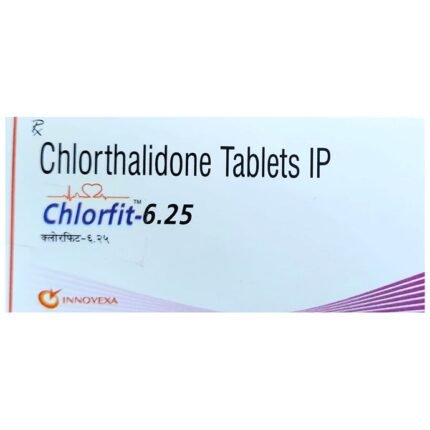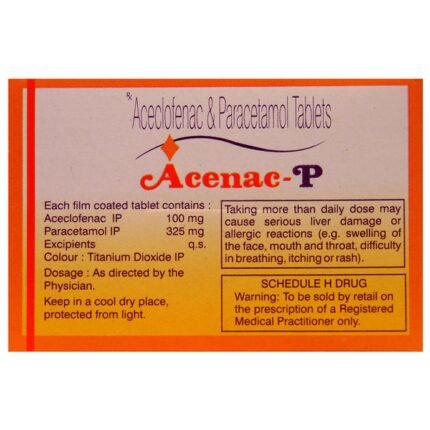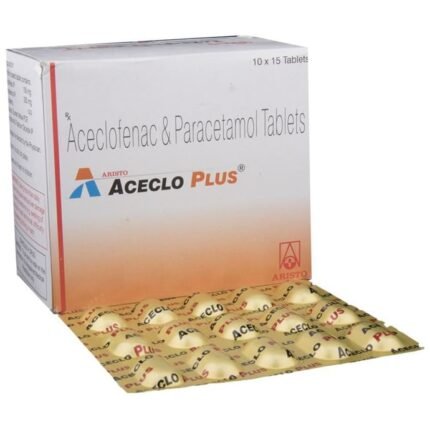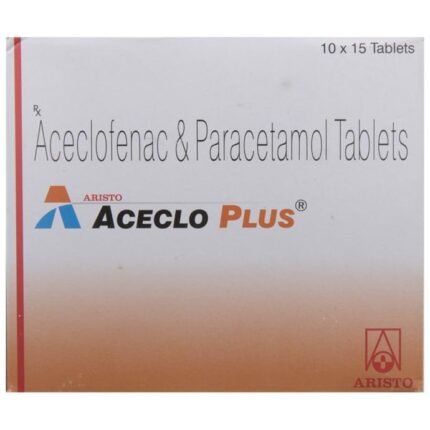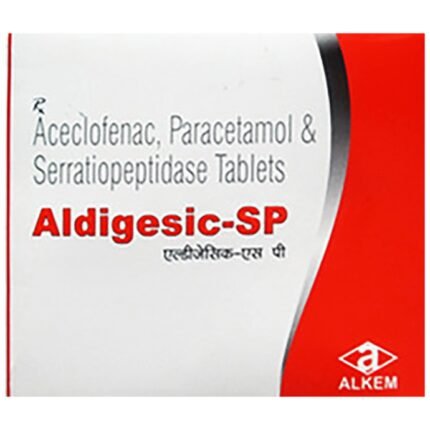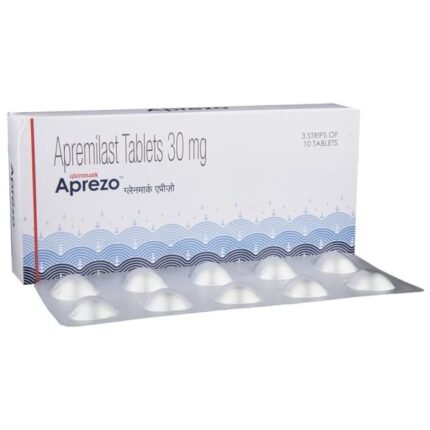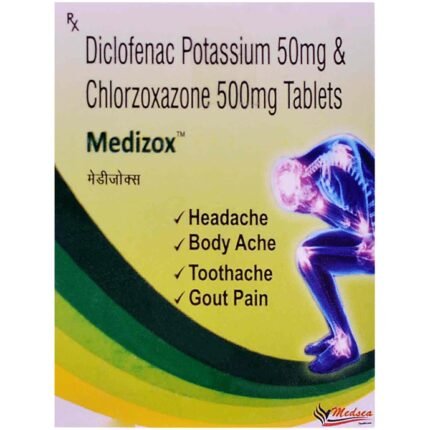DESCRIPTION
P-Lia Infusion helps in relieving moderate pain and reducing fever. It effectively alleviates pain and reduces fever for the short-term in cases following surgery or in cases where oral administration is not possible. P-Lia Infusion is administered by a doctor or a nurse and should not be self-administered. Depending on the severity of your underlying illness, your doctor will decide the precise dose and schedule as per which this injection is to be given. It starts working within one hour. Inform your doctor if you are also taking other medications containing paracetamol to avoid an overdose. You should let your doctor know if your pain or fever does not subside. Vomiting, difficulty sleeping, and constipation may be seen as side effects in some patients. Consult your doctor if these side effects do not resolve with time and persist for a longer duration of time. Inform your doctor immediately if any rash or allergic reaction is observed while taking this medicine. Pregnant and nursing women should use it under medical supervision only. It should be used with caution in patients with liver and kidney disease or alcohol abuse. It is not recommended in patients with severe or active liver disease.
INTRODUCTION
In Pain relief P-Lia Infusion is a common painkiller used to treat aches and pains. It works by blocking chemical messengers in the brain that tell us we have pain. It is effective in relieving pain caused by headache, migraine, nerve pain, toothache, sore throat, period (menstrual) pains, arthritis, and muscle aches. This medicine is very widely used and very rarely causes side effects if taken at the right dosage. Take it as it is prescribed to get the most benefit. Do not take more or for longer than needed as that can be dangerous. In general, you should take the lowest dose that works, for the shortest possible time. It is also the first choice of painkiller during pregnancy or breastfeeding. In Treatment of Fever P-Lia Infusion is also used to reduce a high temperature (fever). It works by blocking the release of certain chemical messengers that cause fever. It may be prescribed alone or in combination with another medicine. You should take it regularly as advised by your doctor.
USE OF
Pain relief | Treatment of Fever
BENEFITS
Your doctor or nurse will give you this medicine. Kindly do not self-administer.
FACTBOX
Chemical Class::P-Aminophenol Derivative|Habit Forming::No|Therapeutic Class::PAIN ANALGESICS|Action Class::Analgesic & Antipyretic-PCM
HOW TO USE
P-Lia Infusion is an analgesic (pain reliever) and anti-pyretic (fever reducer). It works by blocking the release of certain chemical messengers that cause pain and fever.
EXPIRY
Long shelf life (1-2 years).
SAFETY ADVICE
– Alcohol : UNSAFE – It is unsafe to consume alcohol with P-Lia Infusion. – Pregnancy : SAFE IF PRESCRIBED – P-Lia Infusion is safe to use during pregnancy. Most studies have shown low or no risk to the developing baby. – Breast feeding : SAFE IF PRESCRIBED – P-Lia Infusion is safe to use during breastfeeding. Human studies suggest that the drug does not pass into the breastmilk in a significant amount and is not harmful to the baby. – Driving : SAFE – P-Lia Infusion does not usually affect your ability to drive. – Kidney : CAUTION – P-Lia Infusion should be used with caution in patients with severe kidney disease. Dose adjustment of P-Lia Infusion may be needed. Please consult your doctor. However, P-Lia Infusion contains paracetamol which is considered the safest painkiller for kidney disease patients. – Liver : CAUTION – P-Lia Infusion should be used with caution in patients with liver disease. Dose adjustment of P-Lia Infusion may be needed. Please consult your doctor. However, the use of P-Lia Infusion is not recommended in patients with severe liver disease and active liver disease.
IF MISS
If you miss a dose of P-Lia Infusion, consult your doctor.
COMMON SIDE EFFECT
Insomnia (difficulty in sleeping) | Constipation | Itching | Anxiety | Stomach pain | Nausea | Vomiting
ALCOHOL INTERACTION
UNSAFE
PREGNANCY INTERACTION
SAFE IF PRESCRIBED
LACTATION INTERACTION
SAFE IF PRESCRIBED
KIDNEY INTERACTION
CAUTION
LIVER INTERACTION
CAUTION
VIEWS
BOUGHT
FAQ
Q. How is P-Lia Infusion administered?::: P-Lia Infusion should be administered under the supervision of a trained healthcare professional or a doctor only. It should not be self-administered. The dose of the medicine will depend on the condition you are being treated for and will be decided by your doctor. Follow your doctor’s instructions carefully to get maximum benefit from P-Lia Infusion.| Q. What if I vomit after taking P-Lia Infusion?::: If you vomit in less than 30 minutes after having a dose of P-Lia Infusion tablets or syrup, retake the same dose again. If you vomit after 30 minutes of a dose, you do not need to take another one until the next standard dose.| Q. What are the serious side effects of taking an excess of the P-Lia Infusion?::: Overdose of P-Lia Infusione may cause severe life-threatening liver injury. Taking more than the prescribed dose may also cause kidney injury, decreased platelet count, and even coma. Early symptoms of an overdose include nausea, vomiting, and general tiredness. Immediately consult a doctor or reach an emergency in case of a suspected overdose.| Q. When will I feel better after taking the P-Lia Infusion?::: Usually, you will start feeling better after about half an hour of taking a P-Lia Infusion.| Q. Is P-Lia Infusion an antibiotic?::: No, P-Lia Infusion is not an antibiotic. It works as a painkiller and fever-reducing medicine.| Q. Is P-Lia Infusion safe for children?::: P-Lia Infusion is considered safe for children only when used as directed by the doctor.| Q. Can I take P-Lia Infusion and ibuprofen together?::: Ibuprofen and P-Lia Infusion are safe medicines, but both should not be used together. Consult your doctor if you are not sure.| Q. Does P-Lia Infusion make babies sleepy?::: No, P-Lia Infusion does not make babies sleepy. It is a pain-relieving medicine that is also used to control high fever.
DISCLAIMER
The content on this website, including medicine descriptions, is for informational purposes only and not a replacement for professional medical advice, diagnosis, or treatment. Always consult a licensed doctor or healthcare provider for the diagnosis, treatment, or management of any health condition or symptoms.
